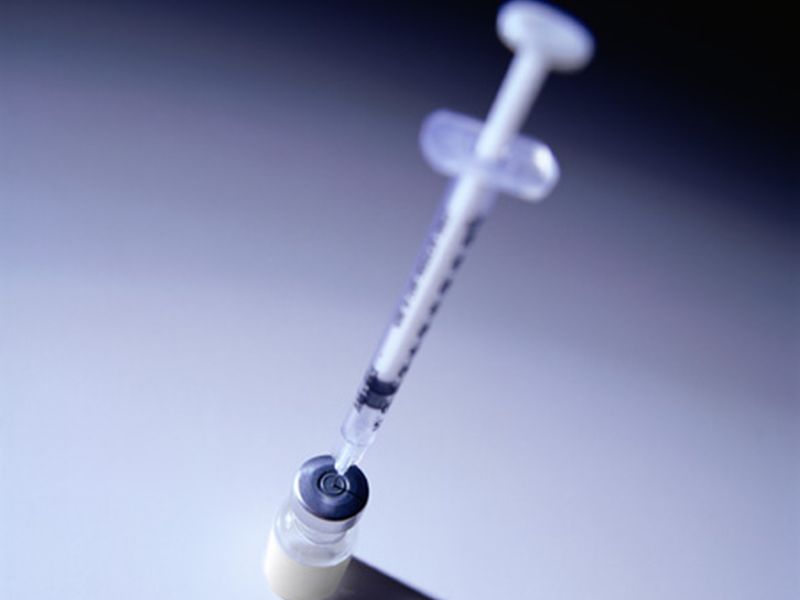THURSDAY, Nov. 9, 2017 (HealthDay News) — The human papillomavirus (HPV) vaccine, first developed to help guard against cervical cancer, also seems to protect against a rare, chronic childhood respiratory disease, a new study suggests.
It’s believed that the disease — recurrent respiratory papillomatosis — occurs in children when HPV type 6 or 11 spreads from mother to child around the time of birth.
Some children develop wart-like, noncancerous growths in the respiratory tract, making it difficult to breathe. The condition can be life-threatening, and repeated surgeries are usually required to keep the airway clear.
In the United States, about 800 children develop recurrent respiratory papillomatosis each year. This results in annual medical costs of $123 million, according to a news release from the Journal of Infectious Diseases, which published the study on Nov. 9.
For the study, researchers analyzed Australian national data and found that new cases of recurrent respiratory papillomatosis in children fell from seven in 2012 to one in 2016.
None of the mothers of the children who were diagnosed with the disease between 2012 and 2016 had been vaccinated against HPV prior to their pregnancy.
The findings suggest that new cases of recurrent respiratory papillomatosis are disappearing in Australian children because of the country’s successful HPV vaccination program, the researchers said.
In Australia, about 86 percent of girls and 79 percent of boys aged 14 to 15 have received the first dose of the vaccine that protects against four cancer-causing types of HPV — types 6, 11, 16 and 18.
The statistics are not as encouraging in the United States, the researchers noted. Only 60 percent of teens aged 13 to 17 received one or more doses of the vaccine in 2016, according to the U.S. Centers for Disease Control and Prevention. Two doses of the vaccine are recommended for teens younger than 15 and three doses are recommended for those aged 15 through 26.
“This is a world-first finding of evidence that the HPV vaccine has actually prevented recurrent respiratory papillomatosis cases,” said study author Dr. Julia Brotherton, a public health physician with the Victorian Cytology Service in Melbourne.
“It’s really exciting that we finally have a way to prevent this terrible disease,” she said in a journal news release. “It adds to the list of strong reasons why you as a parent should choose to vaccinate your child.”
Wealthy nations with high HPV vaccination rates should conduct similar studies of their vaccination programs, Dr. Basil Donovan and Denton Callander, from the University of New South Wales in Sydney, Australia, wrote in an accompanying editorial.
“National and individual vaccine hesitancy remains common, and unless these hesitant countries are persuaded by the ever-expanding benefits of quadrivalent HPV vaccination, millions of dollars in health spending along with countless unnecessary episodes of disease and death will occur in the coming decades,” they wrote.
More information
The U.S. National Institute on Deafness and Other Communication Disorders has more on recurrent respiratory papillomatosis.
Copyright © 2025 HealthDay. All rights reserved.

